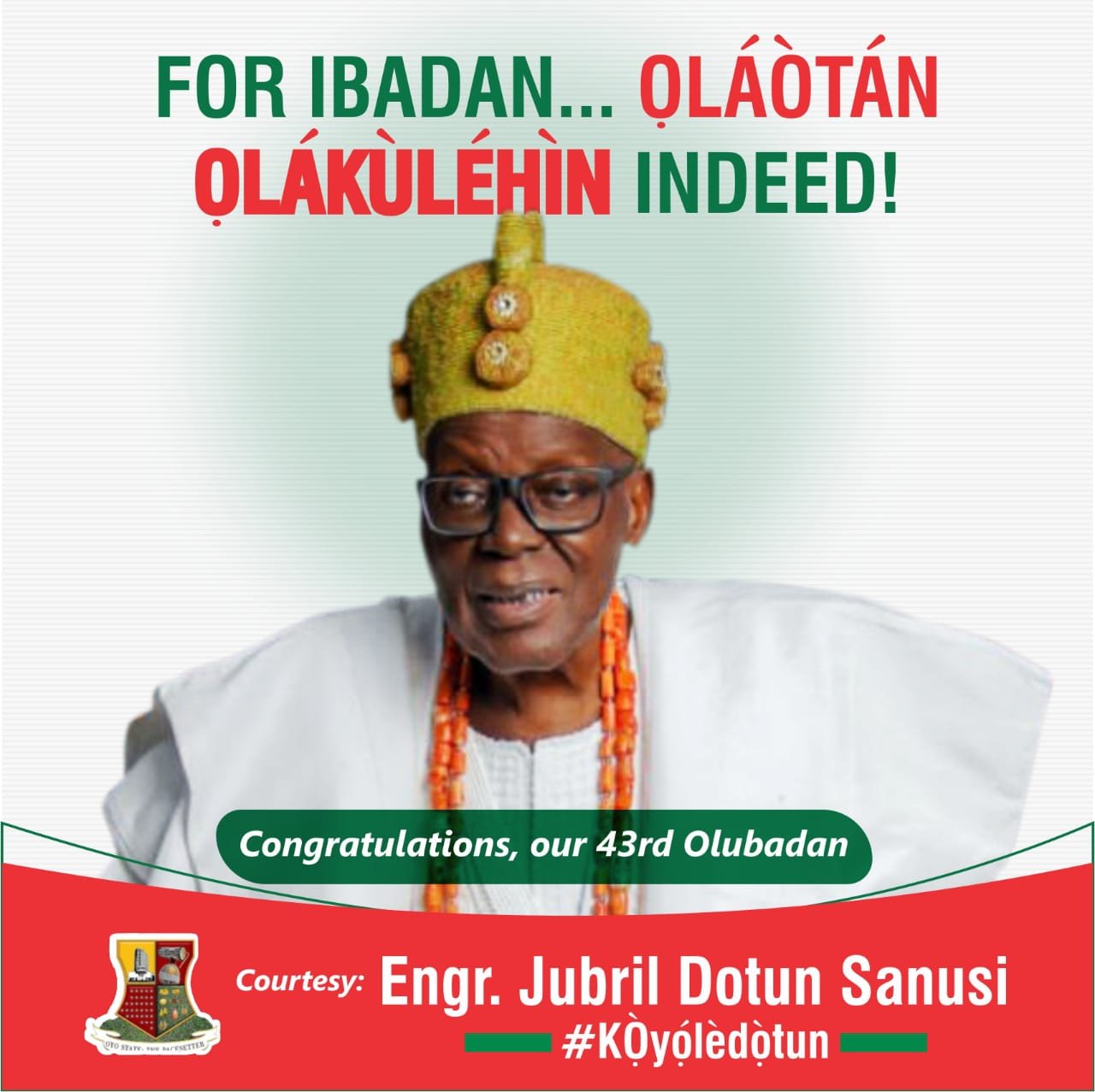As Nigeria dramatically struggled to restore democracy in 1979, after a 13-year interruption by the military, Chief Richard Akinjide controversially won the argument about what constituted two-thirds of 19 states at the country’s Supreme Court, setting the stage for the Second Republic.
He became a Senior Advocate of Nigeria (SAN) in 1978, and was among the second set of recipients of the title after its introduction in 1975, which presented him as a lawyer of distinction.
His death in Ibadan on April 21, at the age of 89, resurrected the debate about the legal victory that followed the electoral success of Alhaji Shehu Shagari, the presidential candidate of the National Party of Nigeria (NPN), more than 40 years after.
Chief Obafemi Awolowo of the Unity Party of Nigeria (UPN) had challenged the electoral commission’s decision on the grounds that the declared winner did not fulfill the requirement of winning “not less than one-quarter of the votes cast at the election in each of at least two-thirds of all the states within the federation.”
It is noteworthy that the Supreme Court said: “this clumsily worded section is devoid of any semantic ambiguity.” Nigeria had 19 states at the time, and Awolowo argued that two-thirds of 19 ought to be 13.
Akinjide’s response that it should be 12 two-thirds in the circumstances was indeed curious, but he won the argument. According to him, “In order to get one-quarter of the total votes cast in the thirteenth state, the reckoning must not be the total votes but two-thirds of the total votes; meaning that once a candidate satisfied the requirement of obtaining one-quarter of the total votes cast in twelve states and in two-thirds of the thirteenth state, then he should be accepted as having satisfied the requirement of scoring at least one-quarter of the total votes cast in each of at least two-thirds of the nineteen states of the federation.”
The dominance of this interpretation was critical to the country’s course, which is why it remains relevant. Akinjide’s appointment as minister of justice and attorney-general of the federation, in December 1979, may well have been a reward for his performance during the historic legal battle, the outcome of which was regarded as politically influenced in some quarters. His tenure, which ended in 1983, witnessed a cancellation of executions of armed robbers and abolition of the decree barring exiles from returning to the country.
Born in Ibadan, Akinjide studied law in the UK and was called to the English Bar in 1955, and later in Nigeria. He established his law firm shortly after he returned to Nigeria, and also entered politics. He became a federal parliamentarian in 1959, and was minister of education in the first civilian government that was overthrown by the military in the country’s first coup in 1966. “Many people may not know that I spent 18 months in detention in prisons across the country,” he said of his experience after the coup.
He was a member of the Constitution Drafting Committee of 1975-1977 that produced the 1979 constitution, and joined the NPN in 1978 after the military government lifted the ban on politics. He was the party’s legal adviser. His membership of the party further situated his politics. He did not identify with, and was not identified with, the dominant progressive ideology in his Southwest constituency.
However, as a member of the 2005 national political reform conference, and a participant in the 2014 national conference where he moved the motion for the adoption of the final conference report at the age of 82, Akinjide demonstrated that he had a passion for political improvement and national development.
It is ironic that he was among the founders of the Yoruba Council of Elders (YCE), considering his distance from the essential political direction of the ethnic group.
The enduring question, even after his death, is how he was able to convince the apex court in the notable 1979 presidential election case.
Credit: The Nation
































